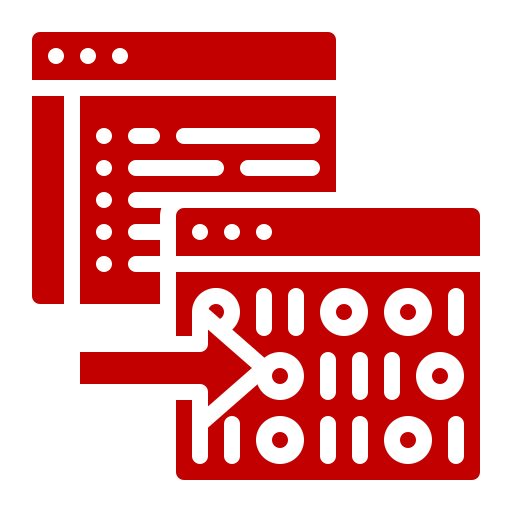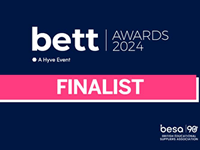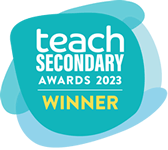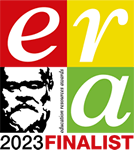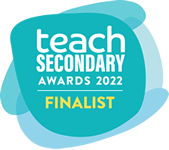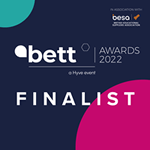It includes:
- Student Learning Record (A3 version in word)
- Student Learning Record (PDF version)
- Student Learning Record (PowerPoint version)
- Student Learning Record (Exemplars)
- Set of student activities and workshops with answers
- Answers to the exam questions from the back of the SLR
- Teacher Marking Checklist
- Year 13 Recap Lesson
This topic covers:
H046
- 1.2.2 a-d Applications generation
H446
- 1.2.2 a-f Applications generation
Specific knowledge required for AS and A Level:
- Candidates need to understand the purpose of applications, and should have knowledge and experience of a range of different application software (for example database, word processor, web browser, graphics manipulation etc.).
- Candidates should be able to recommend the use of specific and generic applications for given scenarios, justifying their use and function(s) for a scenario.
- Candidates need to understand the purpose and role of utility software in a computer system.
- Candidates should be familiar with a range of utility software (e.g. disk defragmentation, file management, device driver, system cleanup, security etc.)
- Candidates need to be able to explain the differences between open and closed source software, the benefits and drawbacks to creator and user of each of the licensing models, and be able to recommend which is used (with justification) for a specific scenario.
- Candidates need to understand the need for translators when writing programs.
- Candidates need to have knowledge of the differences in operation of interpreters and compilers, from these they need to be able to assess the benefits and drawbacks of using each type, and recommend with justification which should be used in a specific scenario.
- Candidates need to understand the role of an assembler and how it differs from interpreters and compilers.
Specific knowledge required for A Level ONLY:
- Candidates need to understand that there are a number of stages involved in compilation.
- Candidates need to understand how lexical analysis works and how the code is converted into tokens with the removal of unnecessary elements (e.g. comments and whitespace).
- Candidates need to understand how syntax errors are identified and reported at the end of the syntax analysis.
- Candidates need to understand how the abstract syntax tree will be fed into the next stage of code generation, and that the object code is then created.
- Candidates need to understand why optimisation is important and how the results of lexical analysis feeds into syntax analysis, and how the tokens are checked to ensure they meet the during (and
after) code generation. - Candidates need to understand what code libraries are, how they are used and the benefits and drawbacks from using libraries.
- Candidates should have experience of using libraries to write programs.
- Candidates should understand how libraries are used during compilation, and how linkers and loaders are used to combine the code and library code into the final executable file.

